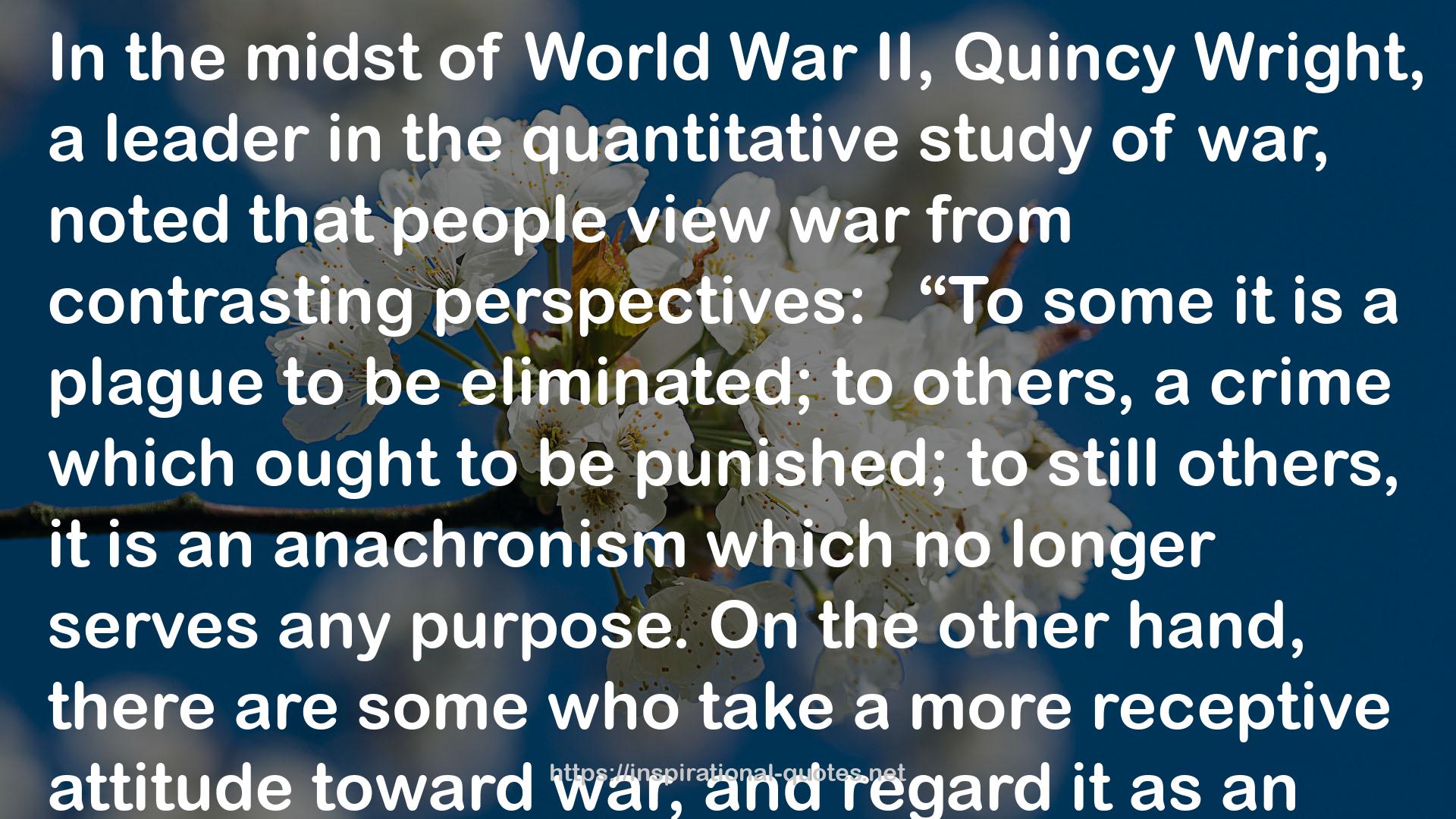Resort to War: 1816 - 2007 QUOTES
SOME WORKS
- Dragon Fury (The Unwanteds Quests, #7)
- Dragon Slayers (The Unwanteds Quests #6)
- Dragon Bones (The Unwanteds Quests #2)
- Anonymous
- Happy Derren Brown, How Emotions Are Made The Secret Life of the Brain, No Alzheimer's Smarter Brain Keto Solution 3 Books Collection Set
- Kind of Blue
- La Petite Marchande de prose
- Journal d'un corps
- Au bonheur des ogres
- Kamo

